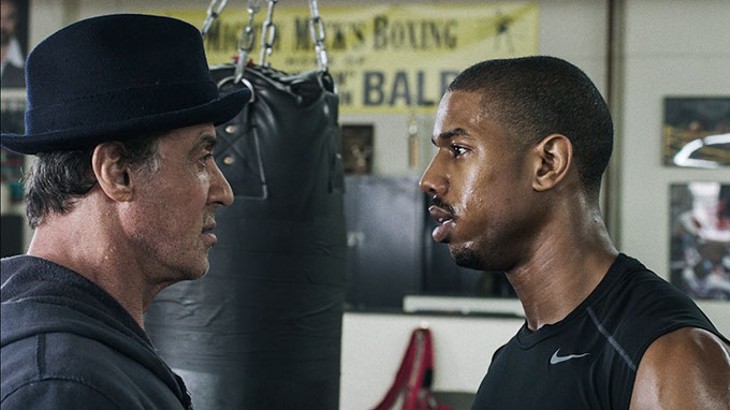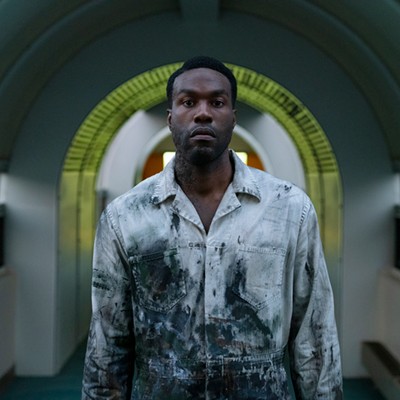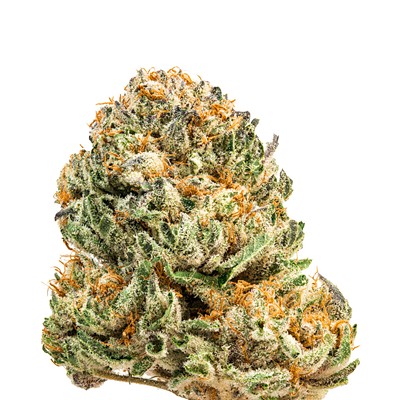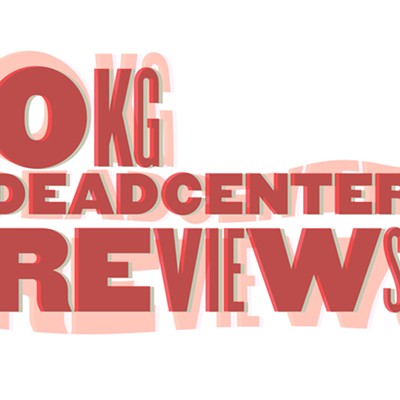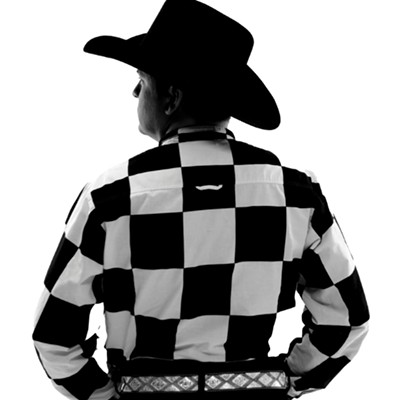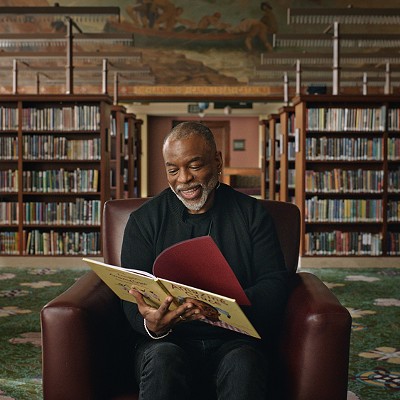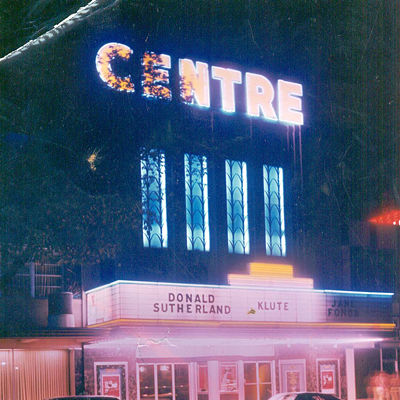Rocky is, at its heart, a movie about the American Dream. A regular Joe (not anything as noble as a plumber; a mob debt collector) gets a shot at the big time and works hard enough to prove he deserves to hang. It’s a movie about a working class shot-in-the-dark against a superstar who rose to the top.
Creed doesn’t have the ’70s undercurrents of youthful underrepresentation powering it. It’s a millennial story about someone lacking the helicopter parents and entitlement, someone inherently rebelling against these things. It’s a movie about stepping out of shadows, ignoring expectations and living for oneself. And it sings.
Creed follows Adonis “Donny” Creed (Michael B. Jordan, Fantastic Four), the illegitimate son of now-deceased heavyweight champ Apollo Creed, as he tries to become a professional boxer in his own right. Along the way, he recruits his father’s old rival-turned-friend, legendary boxer Rocky Balboa (Sylvester Stallone, Rocky). This all seems pretty straightforward — stuff you’d get from previews or word-of-mouth, right?
I tell you this only so you see how well the film works on its own, regardless of how brushed-up you are on your Rocky mythos. I’ve only seen the first film all the way through, catching snippets of the rest on TV here and there, yet the gravitas of Creed’s callbacks never overwhelm the standalone narrative.
Director Ryan Coogler (Fruitvale Station) spins and remixes the original Rocky montages and symbolism into Creed’s boxing Bildungsroman, balancing the tenuous struggle between fan service and personality.
His management of tone and creation of striking images, not to mention his harrowing script, warm your heart and raise its rate. I came close to weeping multiple times during the film, but I raised my fists in anticipation more than any other film this year.
Donny Creed earns his bona fides not by fighting in the peso-littered sawdust pits of Tijuana, but by embracing his identity. He begins the movie as an angry young man stifled by a life that isn’t his, and his journey echoes that of Stallone across a generational gap.
Accepting mentorship, finding love and facing personal demons head-on resist the ebb and flow of social trends, but for a young, black man surrounded mostly by a young, black community, the idea of fighting for one’s life takes on a little more edge.
Coupled with the Oscar-worthy performance of Stallone, whose Rocky mirrors and counterbalances Creed’s impetuous youth with the slow, careful macho of a man punched one too many times in the head, Jordan owns the screen.
His physicality — the guy is shredded like lettuce and throws himself at the performance like a berserker — and goofy, sweet buffoonishness (much like Stallone’s in Rocky) combine into a rich character we can’t help but root for. Tessa Thompson (Selma, Dear White People) as Bianca, Creed’s singer-songwriter neighbor and eventual love interest, brings warmth and heat in equal measure. Their spats ring with truth, beginning with logical quibbles and eventually letting emotions reign. Her character — yes, hooray, she has one — also provides thematic resonance to the notion of a boxer’s profession being inherently temporary.
Beauty is captured between Thompson and Jordan in every scene they share, with a casual intimacy rarely seen in anything but the closest relationship studies.
But this beauty is only one side of the coin for Coogler. His work with cinematographer Maryse Alberti recreates the experience of modern gladiatorial combat from inside the ring in gorgeous one-shot sequences and perfect character reframes so you never feel out of Creed’s perspective whether he’s doling out punishment or receiving it.
Alberti’s cold, yet close-knit images of Philadelphia’s streets, gyms and nightclubs display a harshness that breeds cultural consanguineous behind its icons.
His identity isn’t his name, although he can accept his heritage. He is what his city, his community and his makeshift family helped him make. These leave legacies as tangible as any bloodline.
Contrasted with the similar story behind Creed’s ultimate opponent, these bonds drive home that despite the outcome of the climactic fight, Creed has succeeded. And how.
Print headline: Rocky truth, Creed finds its own voice and victory as it fights to overcome its past.

